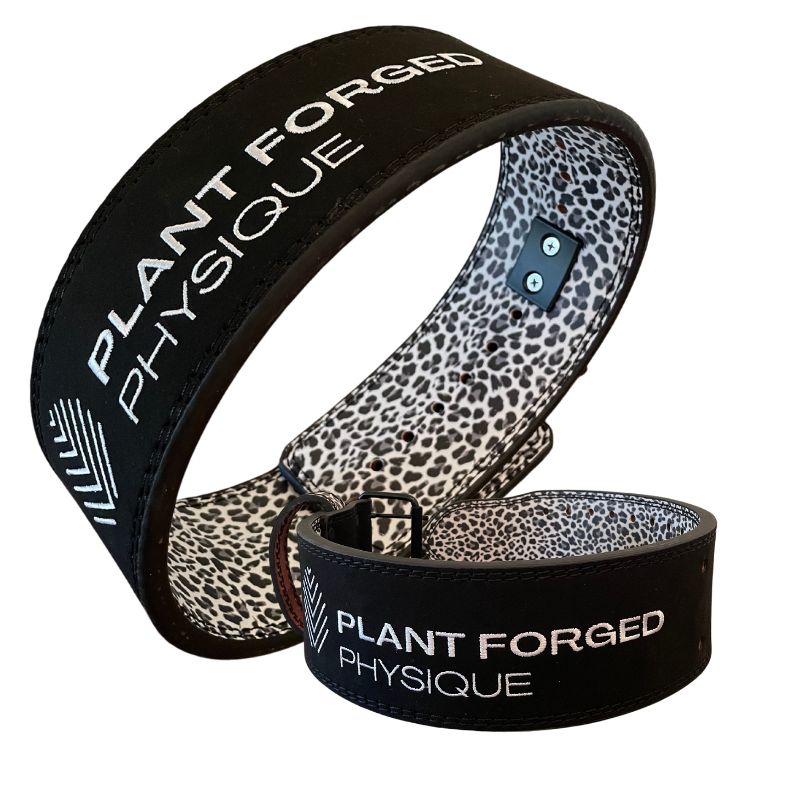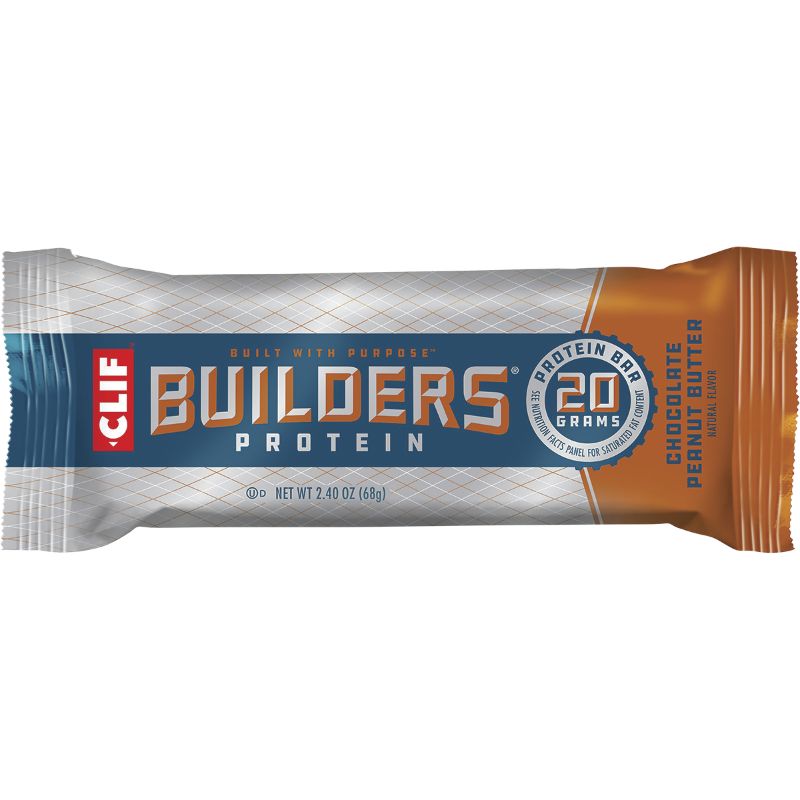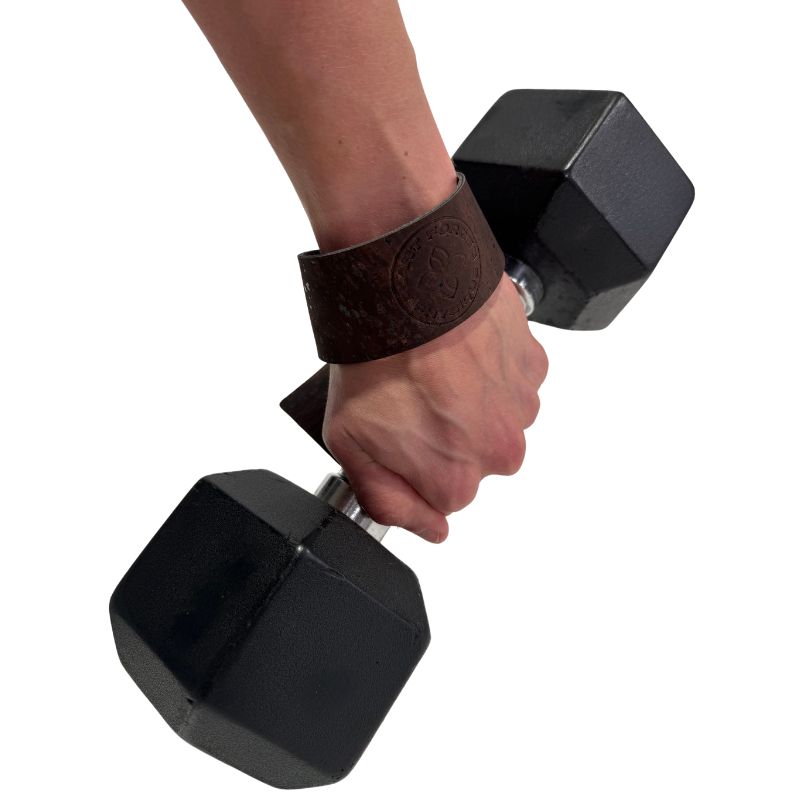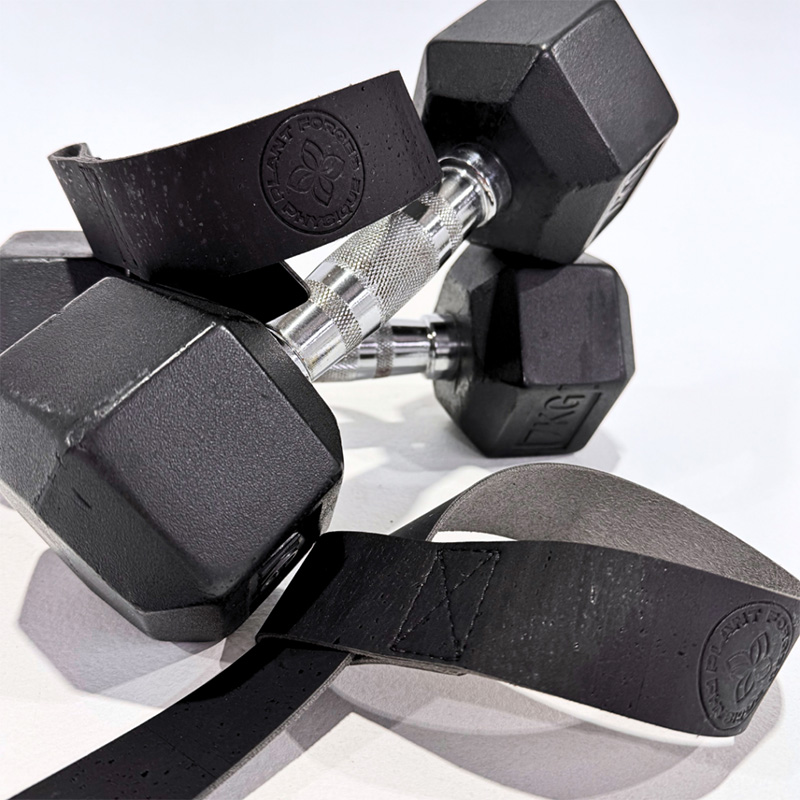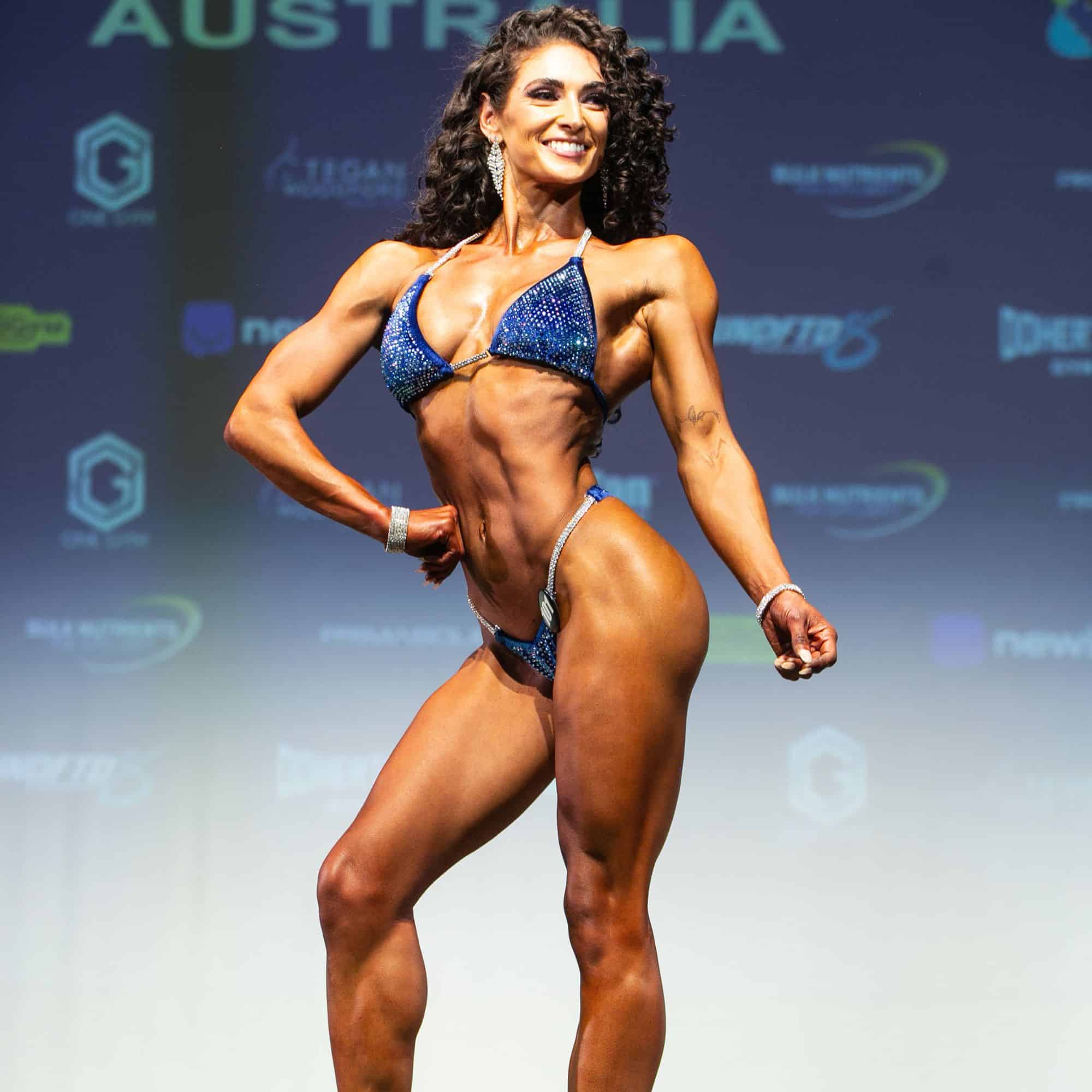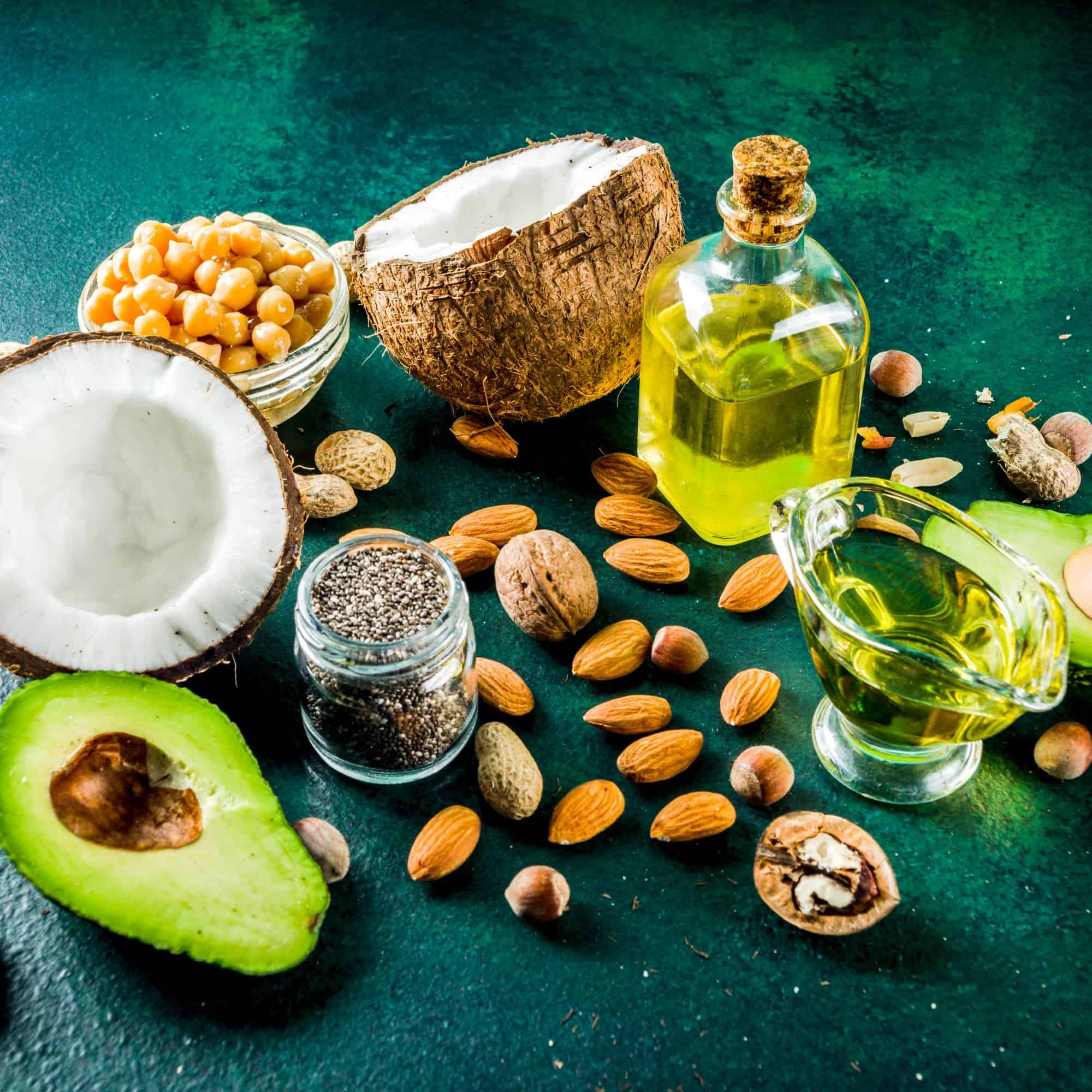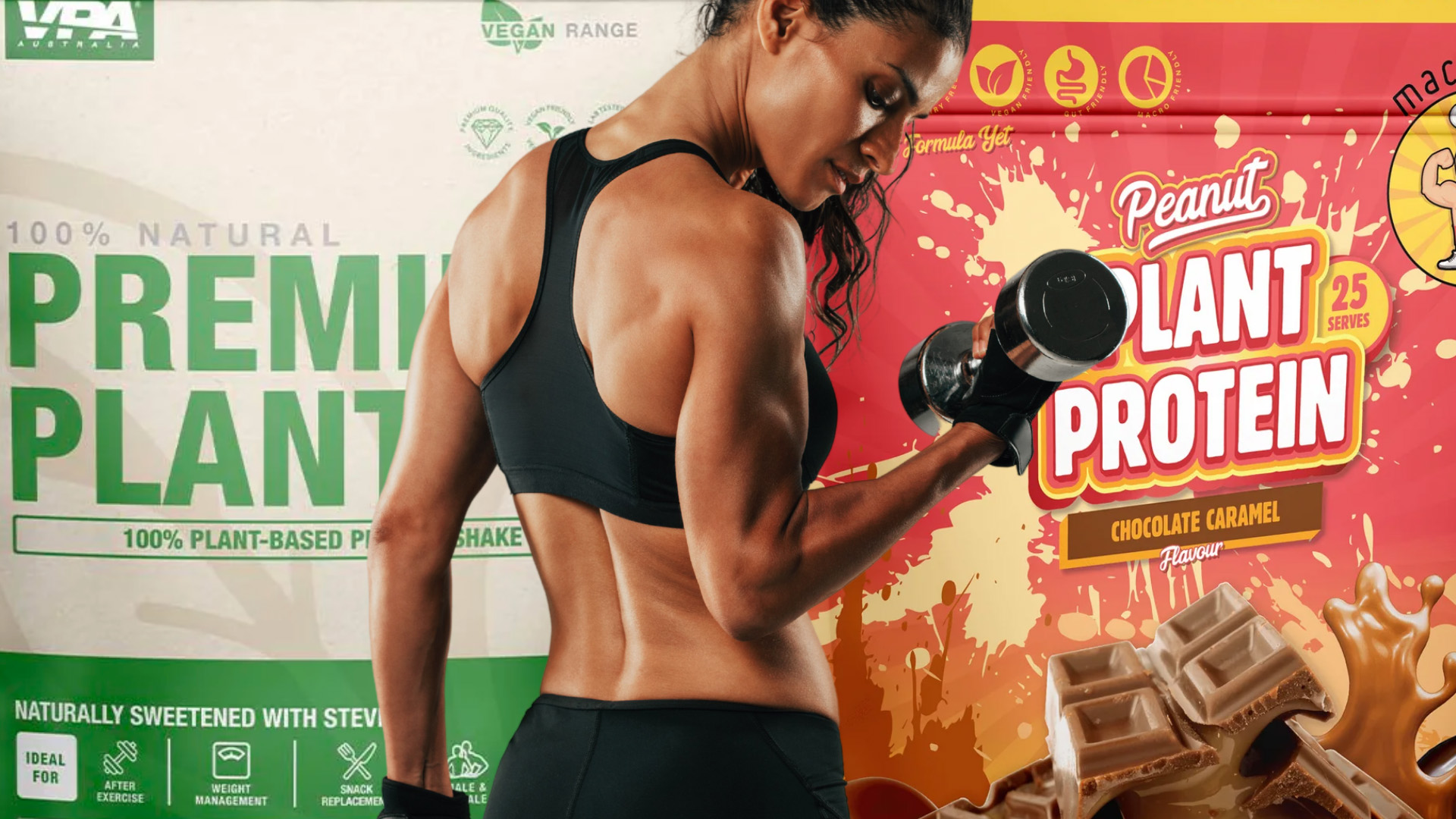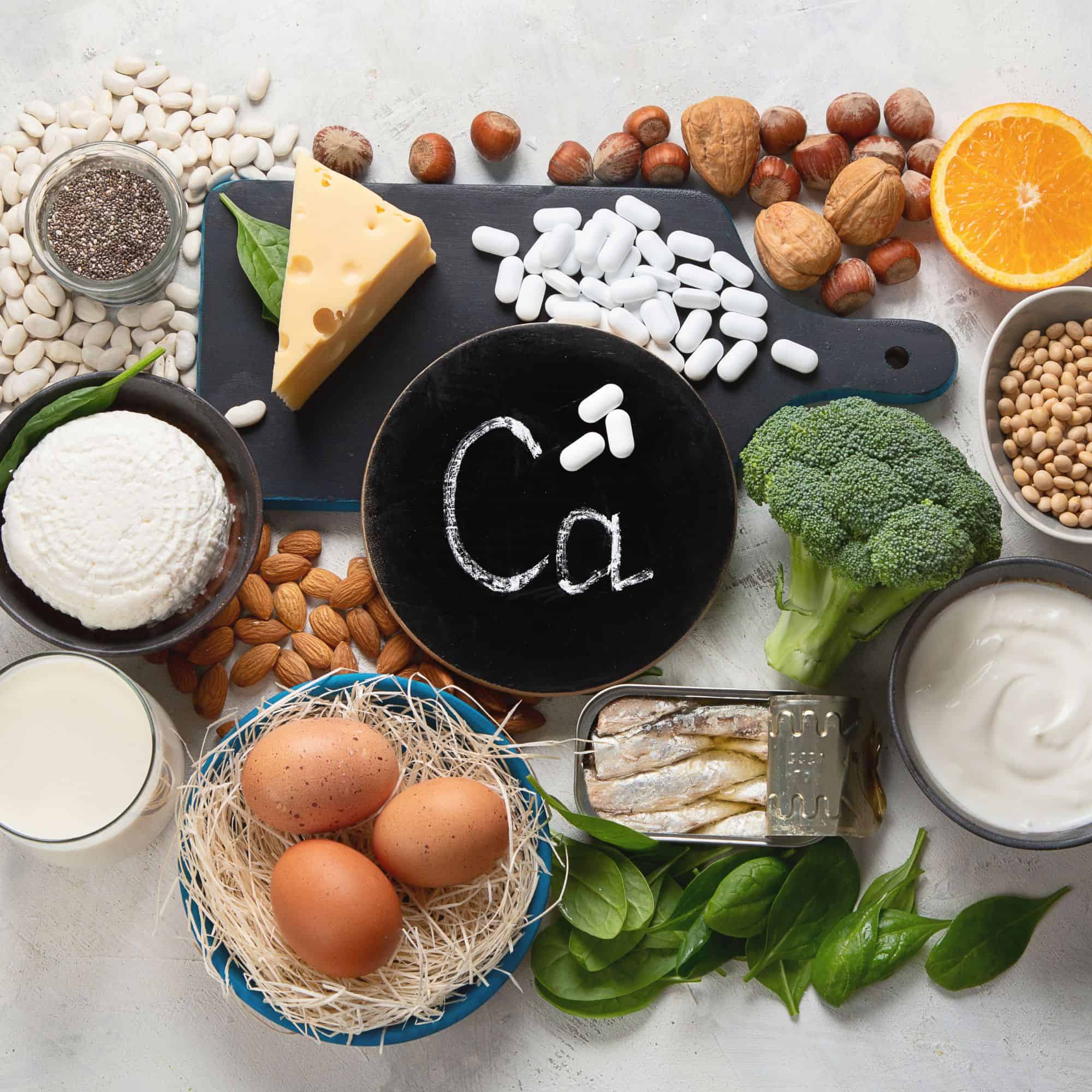
Nutrition considerations for the vegan athlete
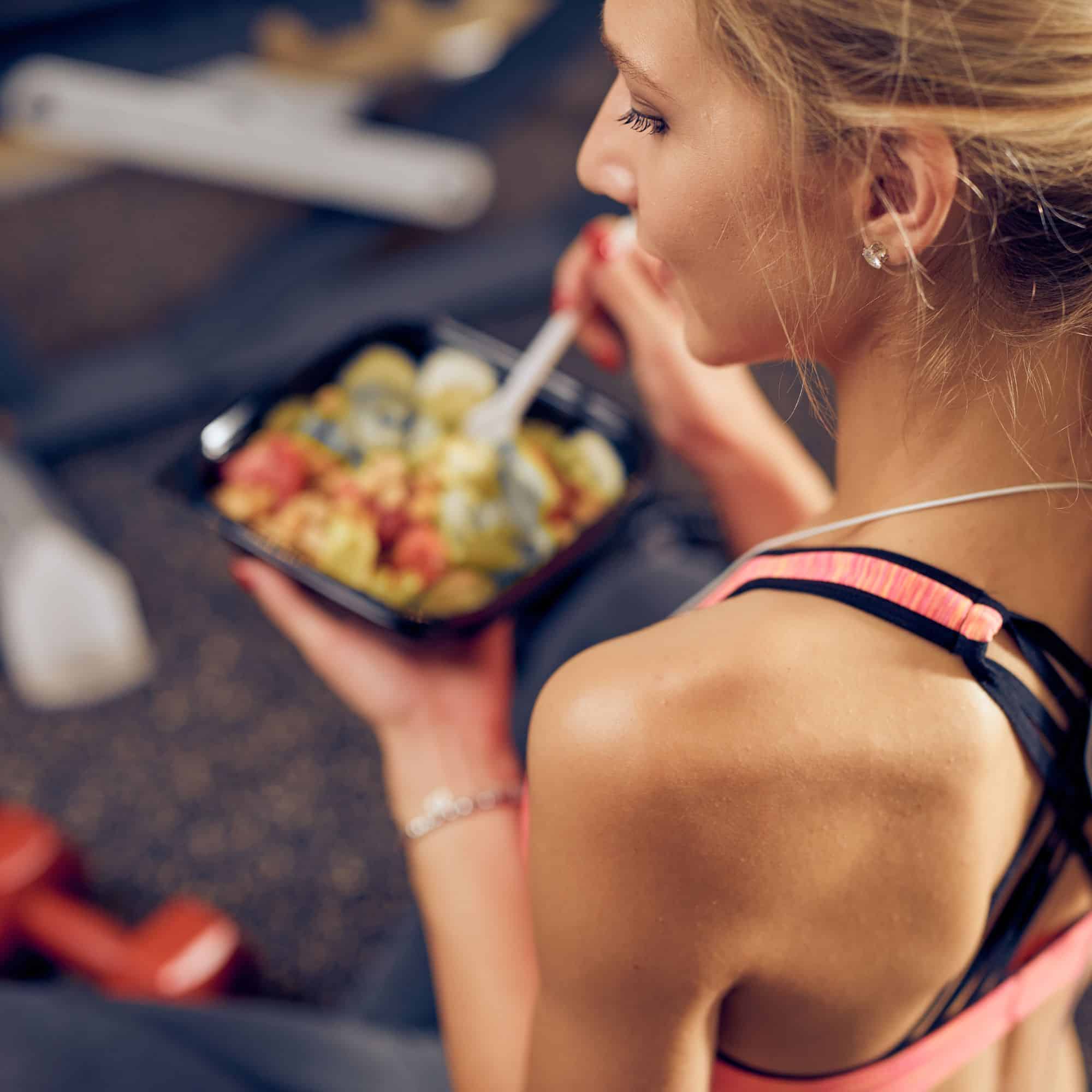
There are many reasons for taking on a vegan, vegetarian or plant-based diet – whether that’s an ethical choice, environmental consciousness or health reasons.
But when you eliminate whole food groups, as you might on a plant-based or vegan diet, there’s the potential risk of exposing yourself to nutrient deficiencies – if poorly managed.
When it comes to fuelling your nutrition as a plant-based athlete, there’s a set of unique considerations to achieving nutritional adequacy and optimal performance.
Naturally lower in calories
Food choices associated with a vegan diet are typically representative of nutrient-dense, high plant fibre, low-calorie per bite foods.
On average vegans and vegetarians consume fewer Calories than omnivores, which likely explains why vegan/vegetarian diets outperform omnivorous diets for weight loss.
For athletes with high energy requirements or trying to gain weight or muscle mass, this makes a lot of Calories sometimes a bit tricky. On top of that, chronic underconsumption of energy can pose significant health and performance implications.
When it comes to monitoring and coaching athletes on a plant-based diet, incorporating Calorie dense highly delicious, sweet, salty and creamy foods can be a vital tool in meeting their Calorie intake. Sometimes there’s an instinct – particularly around athletes – to focus on ‘healthy’ whole foods. So providing additional food choices and guidance around what food to eat can make the overall experience more enjoyable, achievable and of course, successful.
Managing fibre - too much of a good thing
Consuming a high amount of food has another challenge on a plant-based diet. Fibre consumption.
Plant-foods are typically high in fibre. For an average person, fibre is excellent for our digestive health and regular bowel movements. It also can improve cholesterol and blood sugar levels and reduce your risk of diseases, including bowel cancer.
For weight-cutting athletes, like powerlifters, boxers, and bodybuilders, fibre can play an important role in maintaining fullness during weight loss phases.
However, excessive consumption of fibre can have negative effects on performance if the volume of fibre causes gut discomfort and distention close to training windows. Additionally, while normal levels of fibre can aid with hormonal balance, very high levels of fibre can have the reverse effect and interfere with hormones such as testosterone or estrogen.
Again, it comes to selecting the right food choices at the right times. In this case, we want to achieve the most appropriate Calorie intake, without blowing out their fibre consumption and creating an unintentional negative effect on performance and health.
It’s all about maintaining that balancing act when selecting foods that will help an athlete achieve their best without taking it too far in the wrong direction.
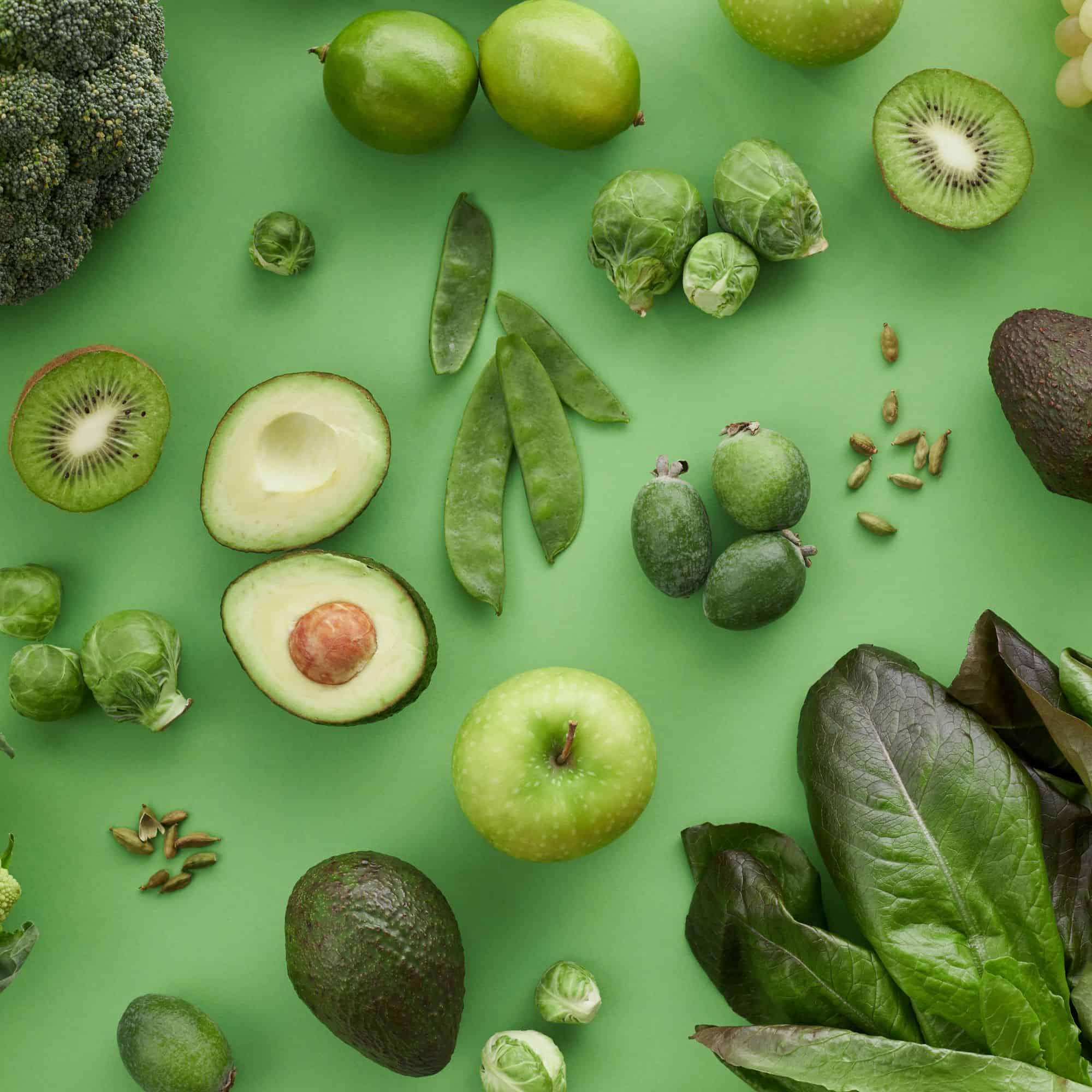
Adequate & quality Protein
An athlete’s ideal protein intakes range between 1.4 – 2.2 grams of protein per kilogram of body weight per day – depending on their sport, age, body composition, and other factors.
But research has shown that vegan athletes require more protein than their non-vegan counterparts in order to have the same anabolic effect. On a gram for gram basis, plant proteins aren’t as effective as animal proteins from a muscle growth and retention perspective.
This is because plant proteins may be “incomplete” and lacking (or have low levels of) certain amino acids. In particular, plant foods are lower in leucine – a vital amino acid in muscle synthesis. Additional management can be implemented to help offset this. For example, picking better protein choices – such as soy foods – utilising protein pairing or diverse protein consumption, and implementing protein or amino acid supplementation.
That said, this does not mean that plant based, vegan or vegetarian athletes can’t be competitive and gain significant amounts of lean mass.
But depending on an athlete’s sources of protein they may need to increase their daily protein intake by 10-20% above the recommendations for non-vegan athletes. This also helps compensate for the lower digestibility and less optimal amino acid profile of plant proteins.
Micronutrients, Vitamins and minderals
Eliminating animal products and meat from your diet can also expose vegan athletes to nutritional deficiencies if not properly regimented and managed.
Achieving adequate intake of micronutrients is vital to promote the best human functions and sports performance. Meeting your daily vitamins and minerals can be achieved with a plant-based and vegan diet, it might just require extra focus, and sometimes supplements.
In particular, the following nutrients need to be carefully monitored and/or supplemented to achieve adequate levels in plant-based athletes.
- Omega 3
- B12
- Iron
- Zinc
- Calcium
- Iodine
shop
SUPPLEMENTS & BUNDLES
So what’s next?
Vegan and plant based diets are growing in interest and popularity among athletic and non-athletic populations.
This is creating demand for accurate and practically applicable nutrition information to offset any potential risks and optimise nutrition where possible to produce the best results, performance and physique.
Achieving appropriate nutrition as a vegan athlete is 100% achievable, however takes a bit of work, speciality and know-how.
So when working with a coach, they need to approach these situations with extra care, an eye for detail, and expertise to ensure their athletes are truly at their best.
Contact Us
About optimising your nutrition as a plant-based athlete
REFERENCES
Craig W. J. (2009). Health effects of vegan diets. The American journal of clinical nutrition, 89(5), 1627S–1633S. https://doi.org/10.3945/ajcn.2009.26736N
Clarys, P., Deliens, T., Huybrechts, I., Deriemaeker, P., Vanaelst, B., De Keyzer, W., Hebbelinck, M., & Mullie, P. (2014). Comparison of nutritional quality of the vegan, vegetarian, semi-vegetarian, pesco-vegetarian and omnivorous diet. Nutrients, 6(3), 1318–1332.
Key, T. J., Appleby, P. N., & Rosell, M. S. (2006). Health effects of vegetarian and vegan diets. The Proceedings of the Nutrition Society, 65(1), 35–41. https://doi.org/10.1079/pns2005481
Slavin J. L. (2005). Dietary fiber and body weight. Nutrition (Burbank, Los Angeles County, Calif.), 21(3), 411–418.
Craig, W. J., Mangels, A. R., & American Dietetic Association (2009). Position of the American Dietetic Association: vegetarian diets. Journal of the American Dietetic Association, 109(7), 1266–1282.
Loucks A. B. (2004). Energy balance and body composition in sports and exercise. Journal of sports sciences, 22(1), 1–14
Mountjoy, M., Sundgot-Borgen, J. K., Burke, L. M., Ackerman, K. E., Blauwet, C., Constantini, N., Lebrun, C., Lundy, B., Melin, A. K., Meyer, N. L., Sherman, R. T., Tenforde, A. S., Klungland Torstveit, M., & Budgett, R. (2018). IOC consensus statement on relative energy deficiency in sport (RED-S): 2018 update. British journal of sports medicine, 52(11), 687–697.
Burke, Louise & Hawley, John & Wong, Stephen & Jeukendrup, Asker. (2011). Carbohydrates for training and competition. Journal of sports sciences. 29 Suppl 1. S17-27.
Hunt J. R. (2002). Moving toward a plant-based diet: are iron and zinc at risk?. Nutrition reviews, 60(5 Pt 1), 127–134.
